Microplastics in Drinking Water: Health Risks and Effective Filtration Solutions
Microplastics have become a global concern due to their increasing presence in our environment. These tiny plastic particles are found in our oceans, air, food, and most worryingly, our drinking water. Scientific research has shown potential health risks associated with consuming microplastics, making it crucial to find effective solutions for their removal. At Filpure Water Filtration Systems, we provide high-quality filtration technologies to ensure your water is clean and safe.
What Are Microplastics?
Microplastics are plastic particles smaller than 5mm in size. They are categorized into two types:
- Primary Microplastics: These are manufactured small plastic particles found in cosmetic products, industrial abrasives, and synthetic textiles.
- Secondary Microplastics: These result from the breakdown of larger plastic waste due to environmental exposure, such as UV radiation, weathering, and physical degradation.
How Do Microplastics Enter Drinking Water?
There are several ways microplastics infiltrate our water sources:
- Plastic Waste Decomposition: Plastics discarded in landfills and oceans gradually break down into microplastics, which seep into water supplies.
- Textile and Laundry Waste: Washing synthetic clothing releases microfibers into wastewater, which can end up in drinking water.
- Industrial and Agricultural Runoff: Factories and farms discharge plastic contaminants into rivers and lakes.
- Contaminated Bottled Water: Studies have found microplastics in many bottled water brands, sometimes in higher concentrations than tap water.
Microplastics in Australian Drinking Water
Recent studies indicate that Australian tap and bottled water contain varying levels of microplastics. While the government regulates drinking water quality, microplastic contamination remains a challenge. Without proper filtration, households are at risk of exposure to these harmful particles.
Health Risks of Consuming Microplastics
Although long-term research is ongoing, scientists believe that microplastic consumption may contribute to several health issues:
- Digestive System Damage: Studies suggest that microplastics can cause inflammation and disrupt gut microbiota.
- Hormonal Disruptions: Chemicals in plastics, such as BPA and phthalates, can interfere with hormone function.
- Toxin Accumulation: Microplastics can carry harmful pollutants, including heavy metals and pesticides, which may enter the human body upon ingestion.
How Filpure Water Filtration Systems Can Protect You
To effectively remove microplastics and other contaminants, Filpure offers advanced water filtration solutions, including:
- Reverse Osmosis Systems: These systems use a semi-permeable membrane to remove microplastics, heavy metals, and other harmful impurities from your water. Explore our Reverse Osmosis Systems.
- Whole House Water Filtration: A complete home solution that filters all incoming water, ensuring clean water for drinking, cooking, and bathing.
- Under-Sink Water Filters: Compact and effective, these filters provide purified water straight from your tap.
Protect your family’s health by ensuring your drinking water is free from harmful microplastics. Browse our Filpure Water Filtration Systems today for cleaner, safer water.

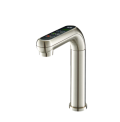 Boiling, Chilled, & Sparkling
Boiling, Chilled, & Sparkling
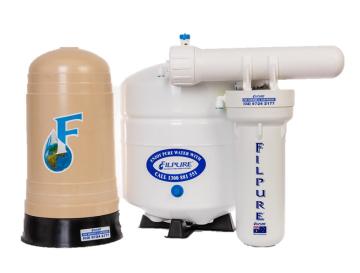 King Series Water Purifiers
King Series Water Purifiers
 Water Filters
Water Filters
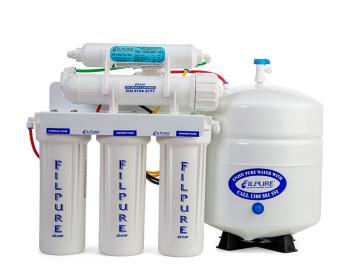 Reverse Osmosis Water Filters
Reverse Osmosis Water Filters
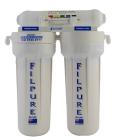 Alkaline Filters
Alkaline Filters
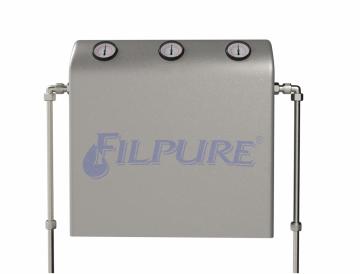 Whole House Water Filters
Whole House Water Filters
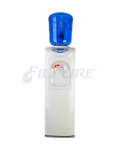 Water Dispensers & Bubblers
Water Dispensers & Bubblers
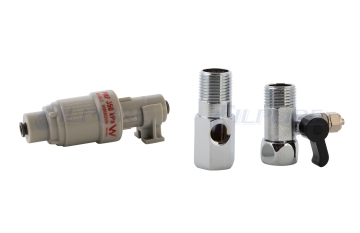 Filter Cartridges & Parts
Filter Cartridges & Parts
 Faucets & Mixers
Faucets & Mixers
